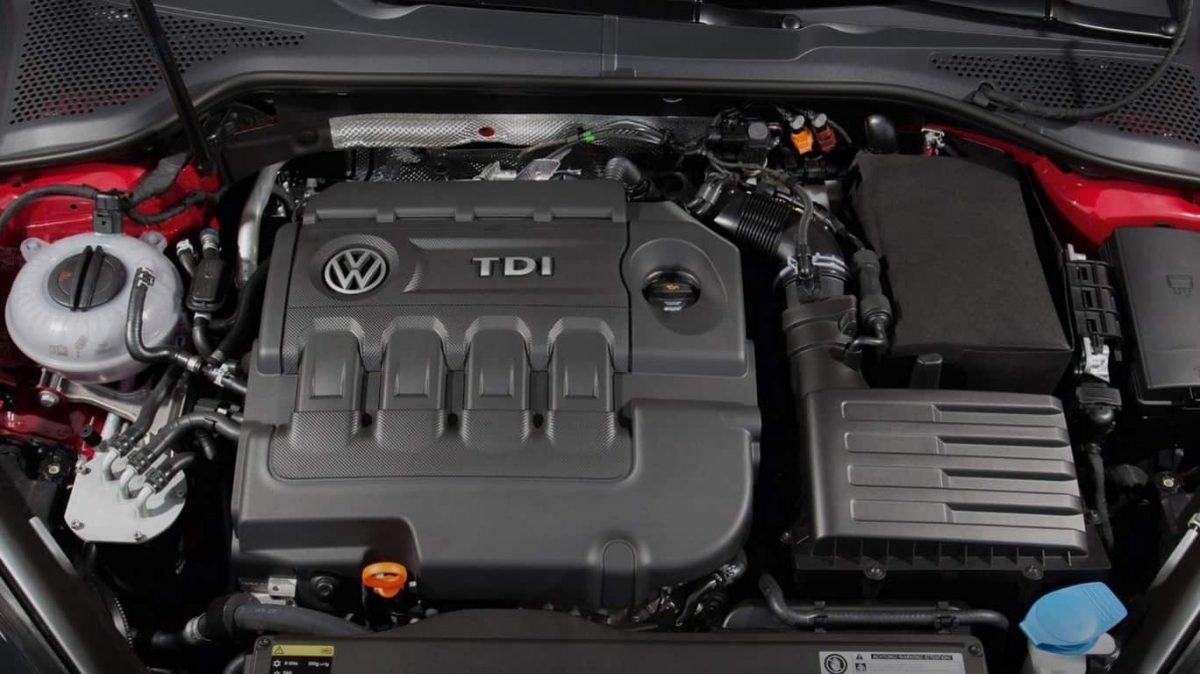Since their arrival in the automotive world, our old friend diesel engines, which despite losing some gas, are still very popular in Portugal, have always been impressive in terms of power (torque), but also in terms of economy (consumption ).
In the end, even if you are not an “expert” in this field, you must have a vague idea that a diesel engine tends to be more economical compared to a similar gasoline engine.
It is precisely for this reason, despite the high maintenance costs, that diesel was (and still is) a bestseller in many regions of the world. In fact, this is exactly why many enthusiasts fail to understand the war against diesel in today's automotive world. Especially when there are technological developments capable of increasing efficiency and power, while controlling emissions of polluting gases.
Well, at a time when the number of sales of diesel cars is falling sharply, and the vast majority of manufacturers have already abandoned the release of new diesel models, have you ever thought why diesel engines are (still) the champions in economy? Of fuel?
If so, you've come to the right place! To make things clear, here we will announce the 3 most important features for all this “savings” to happen.
Diesel engines vs gasoline!
1. Higher thermal efficiency in diesel.
Well, higher thermal efficiency means that your car's engine is able to use more of the potential of the fuel it puts in your tank into useful energy, rather than just converting it into heat, which has to be wasted.
- (Yes, in any combustion engine, the vast majority of the potential energy that the fuel puts into your car is “lost” to heat.)
In short, diesel engines generally guarantee greater thermal efficiency compared to similar gasoline engines.
2. Diesel cycle
This popular term succinctly describes the way a diesel engine works. (The gasoline engine runs through the Otto cycle.)
What are the changes? Well, in diesel engines, the compression ratio is so much higher, that there is no need for a spark plug for fuel.
More specifically, a diesel engine ignites fuel through high pressure within the cylinder, while a gasoline engine generally needs a way to ignite and start the process.
- NB: As a general rule, because there are some gasoline engines on the market that have the ability to produce compression ignition, as is the case with some Mazda Skyactiv engines. Learn about this type of engine through our analysis of the new Mazda CX-5! – (Analysis) Mazda CX-5 2022: Comfortable and stable driving!
3. Energy content!
Finally we get to the big elephant in the room!
Petrol and diesel are not the same thing. Between the two types of fuel there is always one with a higher energy percentage. In this case, in the same liquid amount, diesel has a higher energy content compared to gasoline. In short, for the same amount of fuel, diesel delivers more power.
- On average, diesel produces approximately 13% more energy for the same net amount as gasoline!
Conclusion
This way, everything is brought together, the useful and the fun! In other words, with a more thermally efficient engine, with a more efficient duty cycle as well, all linked to a fuel capable of producing more power… Our motor is capable of delivering better averages, with greater durability, etc…
In short, there are still some additional details, but these are the three main points that make diesel engines the champions of fuel economy.
Which do you prefer, would you rather drive in a torque-packed diesel, or the explosive response of a petrol engine? Share your opinion and experiences with each engine in the comments below.

“Wannabe internet buff. Future teen idol. Hardcore zombie guru. Gamer. Avid creator. Entrepreneur. Bacon ninja.”

